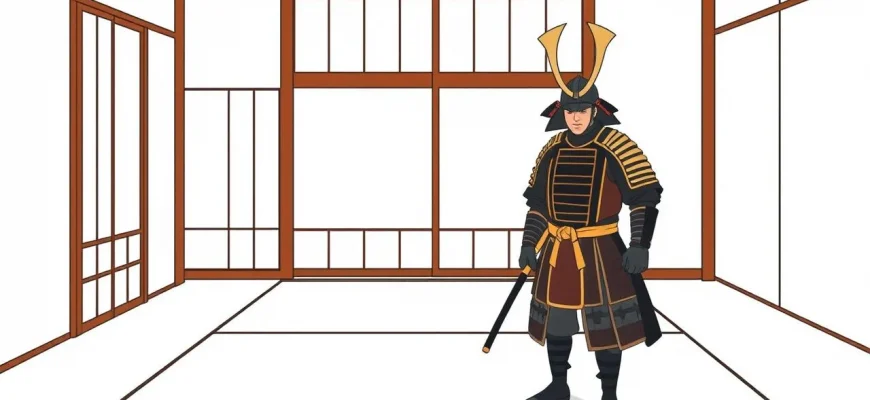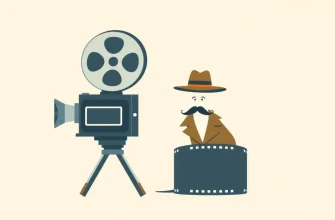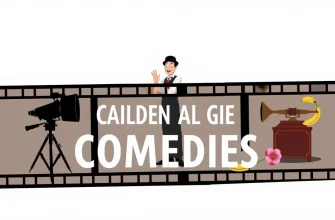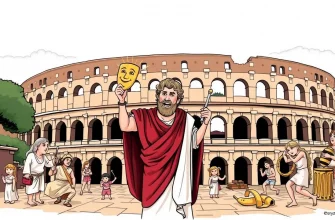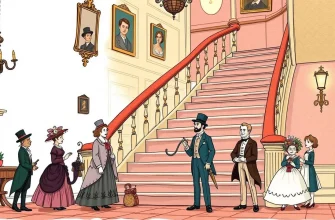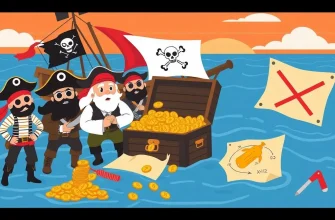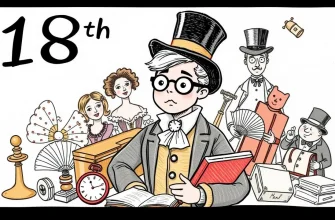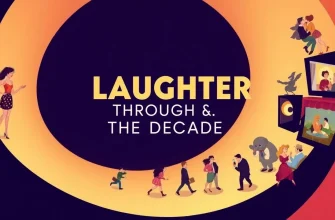Samurai films have long been known for their dramatic intensity, but what if we add a dash of humor to this revered genre? This collection of samurai comedy films offers a unique blend of laughter and action, showcasing the lighter side of the samurai world. From slapstick to satire, these movies provide a refreshing take on the samurai ethos, making them perfect for those who enjoy a good laugh with their historical drama.

The Hidden Fortress (1958)
Description: Although not strictly a comedy, Akira Kurosawa's film has comedic elements, especially through the antics of two bumbling peasants who inadvertently help a princess escape. Their misadventures add a light-hearted touch to the film.
Fact: This film inspired George Lucas when he created "Star Wars," particularly in the dynamic between the two peasants and the princess.
 Watch Now
Watch Now 
Yojimbo (1961)
Description: Kurosawa's classic features Toshiro Mifune as a ronin who manipulates two rival gangs with a sly sense of humor, making it a blend of action and comedy.
Fact: "Yojimbo" was remade as "A Fistful of Dollars" by Sergio Leone, which in turn influenced countless Western films.
 Watch Now
Watch Now 
The Sword of Doom (1966)
Description: While dark in tone, this film includes moments of dark humor, particularly in the portrayal of the ruthless samurai Ryunosuke, whose actions often lead to comedic yet tragic outcomes.
Fact: The film was initially banned in Japan for its portrayal of samurai as less than honorable.
 Watch Now
Watch Now 
The Last Samurai (2003)
Description: While primarily a dramatic epic, "The Last Samurai" has moments of humor, especially in the interactions between Tom Cruise's character and the samurai. The film's light-hearted scenes provide a comedic relief amidst its intense narrative.
Fact: The film was shot in New Zealand, not Japan, and many of the samurai extras were actually rugby players.
 Watch Now
Watch Now 
The Great Yokai War (2005)
Description: Although not strictly about samurai, this film features a young boy who becomes a samurai to fight yokai (supernatural creatures) with a humorous twist on traditional samurai tales.
Fact: The film was directed by Takashi Miike, known for his eclectic and often extreme filmmaking style.
 Watch Now
Watch Now 
13 Assassins (2010)
Description: While primarily an action film, the interactions among the assassins, especially the older ones, provide comic relief amidst the tension.
Fact: This film is a remake of a 1963 film by Eiichi Kudo, and it was one of the last films directed by Takashi Miike before he shifted focus to international projects.
 Watch Now
Watch Now 
The Tale of Zatoichi (1962)
Description: While Zatoichi is known for his dramatic battles, the series often includes humorous moments, especially in how the blind masseur navigates the world with a mix of cunning and comedy.
Fact: The character of Zatoichi was so popular that he appeared in 26 films and a TV series.
 Watch Now
Watch Now 
Tampopo (1985)
Description: This film, often described as a "ramen western," features a group of truck drivers who help a widow turn her noodle shop into a success. It includes a humorous subplot involving a samurai-like code of conduct for eating ramen.
Fact: The film was a major influence on the foodie culture in Japan, promoting the idea of "gourmet ramen."
 30 Days Free
30 Days Free 
Samurai Fiction (1998)
Description: A modern take on samurai films, this movie blends traditional samurai themes with contemporary humor, including a character who uses a sword as if it were a lightsaber.
Fact: The film was directed by Hiroyuki Nakano, who also directed "The Ring Virus," a Korean remake of the Japanese horror film "Ring."
 30 Days Free
30 Days Free 
The Magic Hour (2008)
Description: This film follows a struggling actor who is mistaken for a real yakuza boss, leading to a series of comedic events with a samurai-like twist.
Fact: The film features a cameo by Takeshi Kitano, who plays himself, adding to the meta-humor of the movie.
 30 Days Free
30 Days Free 
